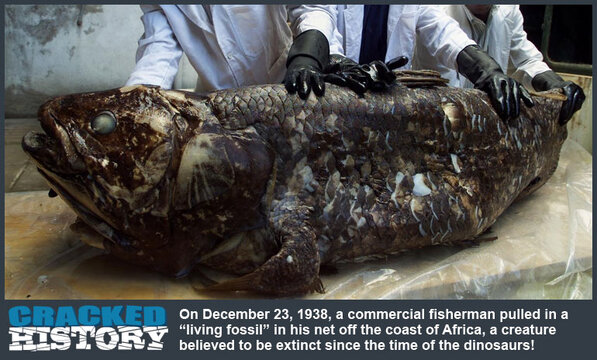Randall
J. Randall Murphy
The MUFON UFO Field Investigator's Course used to be pretty good. I imagine that it probably still is. I've also seen some leisure learning ufology courses at various colleges. Those credentials will tell the participant more about UFOs than a doctorate in ( insert academic field of choice here ). In fact, most academic institutions are anti-UFO, treating it as myth, hoax, cultural phenomenon, etc. That's not to say that one's academic education can't have some relevance. For example, if you're an astronomer or meteorologist, chances are good that you can discern objects in the sky better than someone without such training. That being said, most people without that training are pretty good at differentiating between stars, airplanes, and clouds anyway. Although our own engineers are creating some interesting aircraft, I still think almost anyone who got a good look at an alien craft would know it was a UFO.Are there any qualifications that are relevant to UFOs? In terms of understanding what they aren't I would say aeronautics, avionics, military and defence, weather , astronomers. But in terms of what they could be, do we need to compartmentalise expertise? Anyone with bright ideas who can connect the dots who perhaps takes an omnilogical standing may fair better?
In the case of someone who fakes credentials to write books on the subject. What if the books are brilliant ? Are we concerned then with the veracity of an individual's life experience, the journey as opposed to the destination. How does this view apply to other things? Do we then rule out deathbed confessions and people with any criminal convictions?
Interesting question. I would say that the brilliance of a book depends a lot on how much of the content is believable, and being caught fabricating credentials doesn't help instill confidence. However if the book made some hitherto unpublished claim that included information that could be independently verified as something alien, then the evidence would speak for itself. For example if the author claimed to have a relationship with the aliens, and said they would land at a particular location on a particular date, and that independent investigators could attend the meeting, and it actually happens, who cares what reputation the author has. However we have yet to see such evidence forwarded by any ufologist, credible or otherwise.



